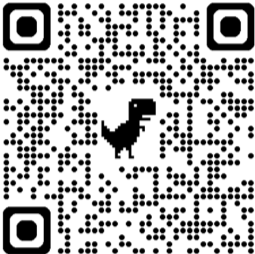Acquired Disorders Brain Game: Part 2
The game helps student to review the material learned in acquired disorders.
Create multiple-choice games on Wisc-Online and play them on our Chakalaka mobile app!
But that's not all! Explore educational games created by others. Simply search by category or enter agame code number and dive into a world of learning and fun.
Download the Chakalaka mobile app here:

Topics of this game:
- A lack of arousal or response due to damage to the reticular formation.
- The ______ the period of coma, the _______the prognosis
- Abnormal electrical discharge of cortical neurons.
- Treat those who are the most savable is _______ triage.
- Treat those with the most serious injuries first is _____ triage.
- What are the Steps in the ABCDE TBI patient assessment?
- What is used for neurological assessment within TBI cases?
- An abnormal posture seen in patients with TBI where the arms are flexed.
- An abnormal posture in patients with TBI where the extremities are extended.
- What is NOT a purpose of craniotomy?
- Buildup of pressure inside the skull that decreases blood flow.
- What is NOT a sign on concussion?
- What is the difference between normal and abnormal aging.
- What is NOT a common behavior of dementia?
- True or False: Dementia can be cured and compensated for.
- How do SLPs help patients with dementia?
- Which is NOT a type of dementia intervention?
- How should one interact with a patient with dementia?
- ______ has a rapid onset, while ______ has a gradual onset.
- Proteins between the nerve cells are called Proteins inside the brain cells are called
- What is NOT a suspected cause of dementia?
- Alzheimers is diagnosed via______
- A type of dementia that results from the damage of many small strokes?
- A type of dementia where the patients typically have hallucinations?
- Dementia cannot be ________, but can be___________.
- SLPs typically work with dementia patients because of
- Which type of therapy utilizes memory book/ aids?
- What therapy approach focuses on interaction initiated by the patient?
- Programming for dementia patients is NOT
- Speech is a secondary function compared to
- Which is true about babies and their aerodigestive tract?
- Which is NOT true about aspiration in younger people.
- Why do SLPs work with patients with swallowing difficulty?
- What is something people aspirate?
- What is the role of feeding tubes in patients with dysphagia?
- True or False: A videofluoroscopy describes the physiology of swallowing.
- True of False: A person who aspirates always gets pneumonia.
- What are the stages of swallowing? (In the correct order)
- The food or liquid one chews/manipulates and swallows
User comments are currently unavailable. We apologize for the inconvenience and are working to restore this feature as soon as possible.

